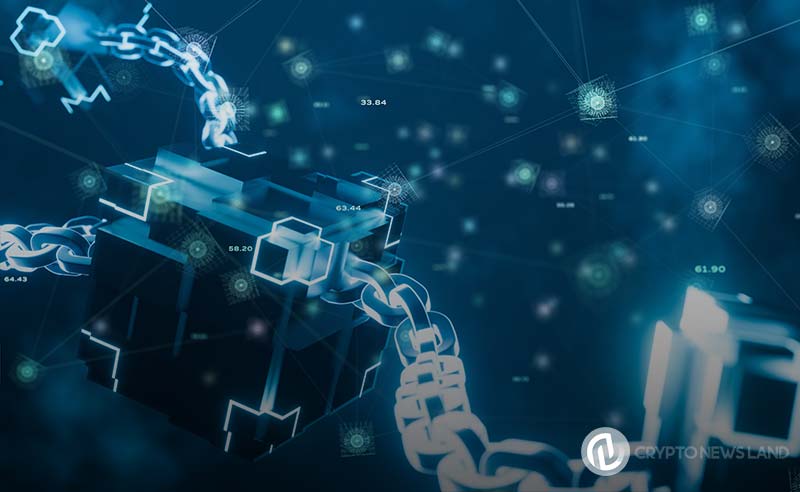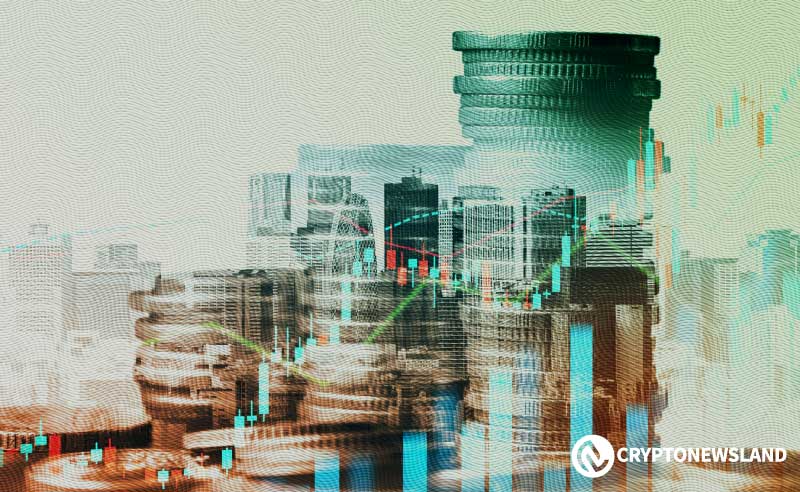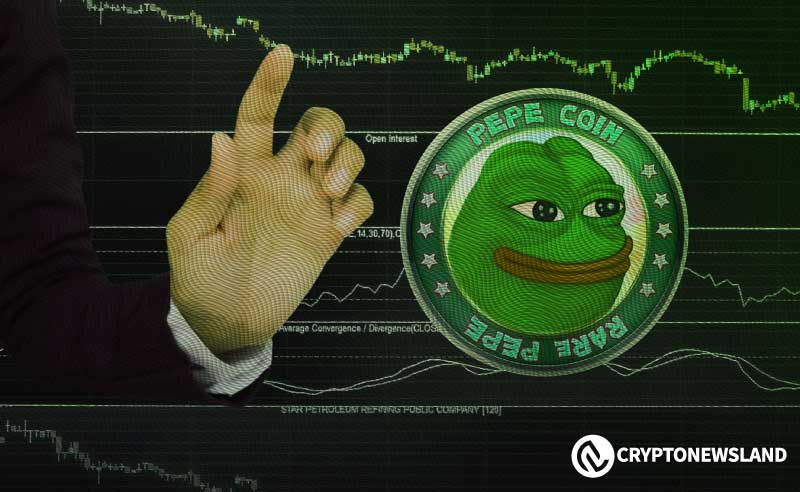- Some of the factors that influence the blockchain gas fees include network demand, transaction priority, and complexity.
- New protocol implementations (forks) and tokens’ standardization directly affect fees and network load.
- The problem of the optimal setting of fees in the blockchain network has resulted in the conflict between the accessibility of a network and its stability.
The price of gas which is the transaction fee in the blockchain network has recently emerged as one of the hot topics of discussion in the cryptocurrency world. These fees that vary depending on one factor or another are essential in defining the effectiveness and the ability to conduct blockchain transactions.
Demand for Gas: The Market Forces at Play
The usage of gas in a blockchain network determines its fee rates and this drives the demand for the gas. Users require blocks to perform transactions and when the network is busy, there is a high demand for blocks which increases the transaction fees.
Priority: Fast-Tracking Transactions
Customers have the option of paying some extra charges to employ their transactions to the top priority. Even though this mechanism helps to process time-sensitive operations faster, the overall competition and, therefore, the level of fees increases.
Transaction Complexity: The Computational Cost
The complexity of a transaction directly affects its gas consumption. Smart contract interactions, for instance, typically require more computational resources and thus incur higher fees than simple token transfers.
Network Forks: Reshaping the Fee Landscape
Major changes to a blockchain’s protocol, known as forks, can have profound effects on gas fees. These events may introduce new fee structures or alter the network’s capacity to process transactions.
Token Standards: The Hidden Influencers
Different token standards like ERC-20, ERC-721, etc on the Ethereum network, have varied gas costs. It is important to note that the extension of new standards can influence overall network loading and fee factors.
These factors are not independent but interdependent and they coexist in a dynamic fee environment which may change due to technical and economic factors. Users need to have these elements in mind if they wish to make their way through the blockchain realm.
Currently, blockchain developers and researchers are working on solving the problem of high gas fees. Suggested developments comprise layer 2 scaling solutions and better consensus algorithms likely to solve the high transaction fees issue while preserving the security aspect.
disclaimer read moreCrypto News Land, also abbreviated as "CNL", is an independent media entity - we are not affiliated with any company in the blockchain and cryptocurrency industry. We aim to provide fresh and relevant content that will help build up the crypto space since we believe in its potential to impact the world for the better. All of our news sources are credible and accurate as we know it, although we do not make any warranty as to the validity of their statements as well as their motive behind it. While we make sure to double-check the veracity of information from our sources, we do not make any assurances as to the timeliness and completeness of any information in our website as provided by our sources. Moreover, we disclaim any information on our website as investment or financial advice. We encourage all visitors to do your own research and consult with an expert in the relevant subject before making any investment or trading decision.



